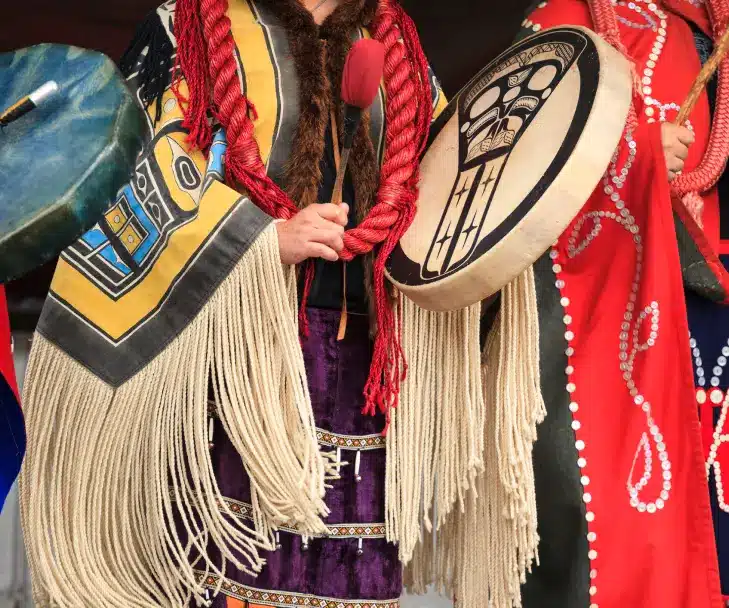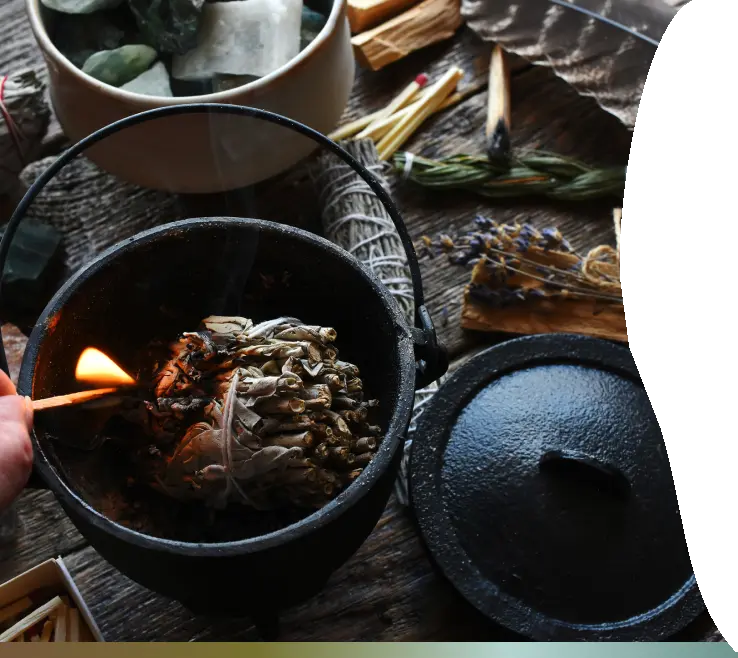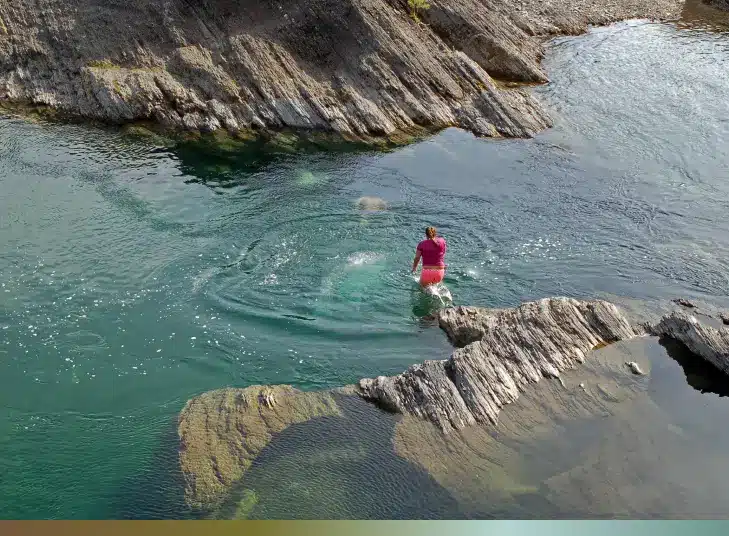First Nations Advisory Committee
on Safe Drinking Water
Informing – First Nations of the obligation Canada has to fund the actual cost of providing them with safe clean drinking water meeting specific standards of quality and quantity
Supporting – First Nations in accessing this funding, and in their dealings with Canada
Connecting – First Nations with experts to assist them in the funding request process
Protecting – First Nations’ rights to receive actual cost funding for water services that meet the specified quality and quantity standards through the CDRP


About the First Nations Advisory Committee
The First Nations Advisory Committee on Safe Drinking Water (the “FNAC”) was created as part of the settlement reached in 2021 by First Nations and the government of Canada regarding compensation for individuals and First Nations who were subject to prolonged drinking-water advisories (the “Settlement”). The mandate of the FNAC is to provide guidance and support to First Nations who are seeking funding for water and wastewater infrastructure and to ensure Canada is meeting its funding obligations under the Settlement.
Available Funding
The Settlement Agreement requires Canada to spend at least $6 billion before 31 March 2030 to fund the actual cost of construction, upgrading, operation and maintenance of water and waste water infrastructure that provides all First Nations with clean water that meets specified quality and quantity standards. Canada is also obligated to provide a further $9 million in funding to assist First Nations to pursue governance initiatives and by-law development related to the delivery of this water.

Commitment Dispute Resolution Process
This process applies when disagreements occur between Canada and a First Nation Class Member about whether Canada is meeting its commitment to provide actual cost funding for appropriate water and waste water infrastructure. This dispute resolution process is to take place in the First Nation’s community in a manner that respects the First Nation’s language, legal traditions and protocols.


The New Water Act
Bill C-61, the First Nations Clean Water Act, is intended to replace the recently repealed 2013 Safe Drinking Water for First Nations Act. The new Water Act will require Canada to make best efforts to provide funding that is adequate, predictable, stable, sustainable and needs-based and that meets actual costs for water services on First Nation lands so that First Nation persons are able to receive water services comparable to those received by persons in non-Indigenous communities that meet specified standards of quality and quantity. It also recognizes the right of First Nations to self-government in relation to water, source water, drinking water, wastewater, and related infrastructure on, in, and under First Nation lands.
